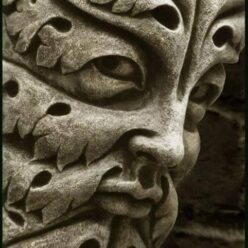I offer my gratitude, my sense of indebtedness and my daughterly respect to all those men and women who and lived, or fought and died, so that I may enjoy freedom in Canada. It is right and proper that those who benefit from something should acknowledge it.
However, I think that Michael Coren dishonours the dead of many wars when he says, “There have also been atrocities in war, but only a tabloid historian would argue that this was common.”
I want to give him the benefit of the doubt, but it is hard for me to do. How is he defining ‘atrocity’? How is he defining ‘common’?
I think of the bombers raining death upon the children of Baghdad not so long ago, the slaughter of East Timor, the firebombing of Dresden, the siege of Leningrad, the Trail of Tears, the levelling of Coventry, the 40 million (estimated) dead of the Chinese revolution, Andersonville, the internment of the Japanese and Italians (among others), the horror of the Eastern Front, the piles of skulls in Cambodia, the napalm and chemicals of Vietnam, the children playing with severed heads in the streets of El Salvador, the starvation of the Ukraine, the open-eyed children lying in the makeshift morgues of the Balkans, the legless children in Angola, and the tons and tons of buried death chemicals all over the Wets, and enduring legacy of war that may yet rise from the ground like an unquiet ghost.
And I sorrow for these dead with at least the same intensity as I respect those who knew what high ideals they were dying for, whoever and whenever in time they may be.
Are these not atrocities? Are they not common, indeed, pervasive? Are not atrocity and war bosom companions, however we may honour those who fight on our behalf?
